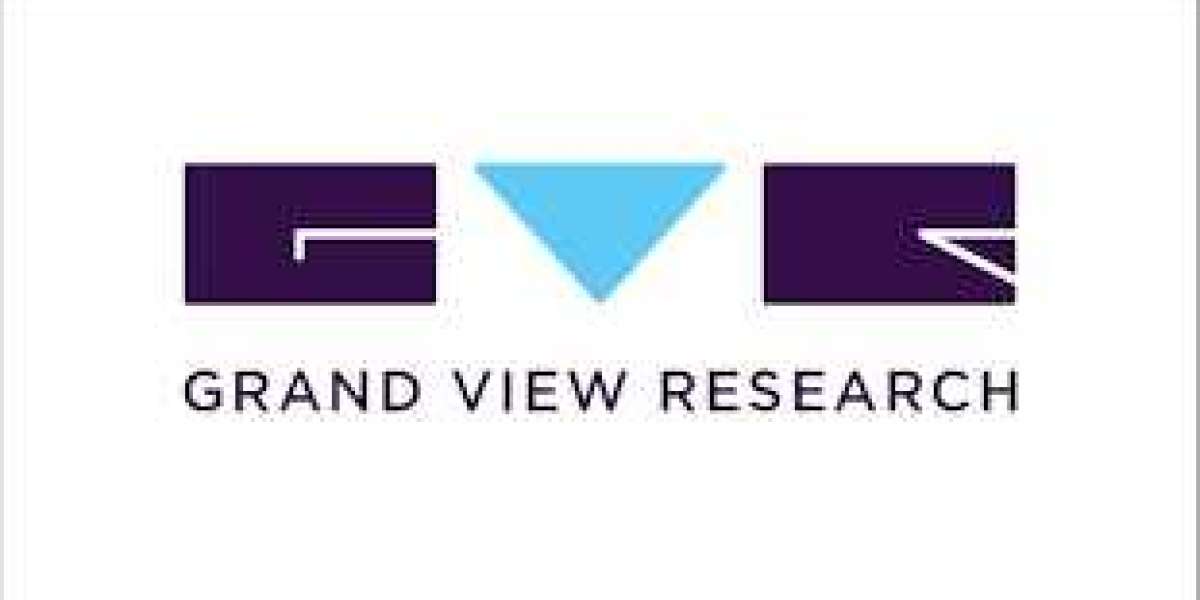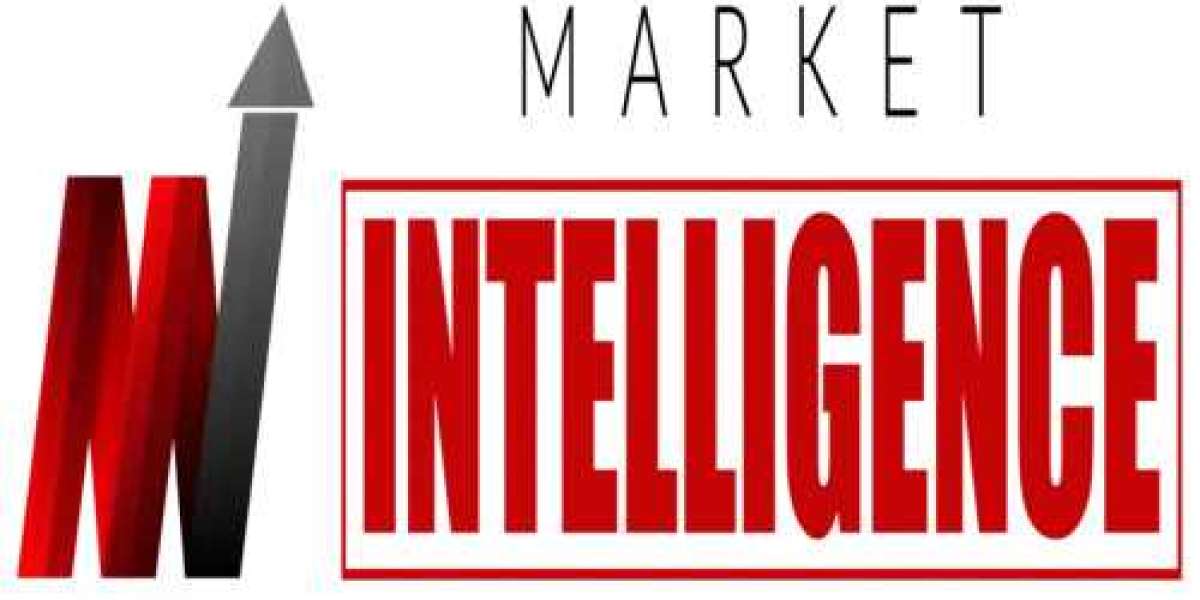The global healthcare customer relationship management (CRM) market was valued at approximately USD 17.87 billion in 2023 and is projected to expand at a compound annual growth rate (CAGR) of 7.7% from 2024 to 2030. The market's upward trajectory is primarily driven by the rising demand for structured data management and the growing emphasis on automation across healthcare organizations. These needs are closely tied to broader industry trends, such as the increasing volume of patient data, the pursuit of operational efficiency, and the necessity for streamlined communication between healthcare providers and patients.
One of the most significant growth enablers is the integration of advanced technologies, particularly artificial intelligence (AI), within CRM platforms. AI-powered CRM solutions help healthcare organizations enhance service delivery, optimize patient engagement, and personalize care experiences. These solutions also reduce administrative burden and support data-driven decision-making, making them indispensable for modern healthcare providers.
A key example of this innovation was observed in September 2023, when Salesforce launched its next-generation Einstein AI, which includes conversational AI capabilities embedded into CRM and customer experience platforms. This upgrade exemplifies how AI can revolutionize customer interaction models across industries, including healthcare, by offering intelligent, real-time insights and automation.
In addition to technological advancements, the healthcare CRM market is also experiencing a moderate but notable level of mergers and acquisitions (MA). A recent example occurred in January 2024, when Innovaccer Inc., a leading health cloud company, acquired Cured, a digital marketing and CRM platform tailored specifically for healthcare. This strategic acquisition not only broadened Innovaccer's service portfolio but also brought in over 20 new health systems and digital health clients, expanding its customer base from approximately 95 to well over 100 clients.
However, alongside opportunities, healthcare CRM providers must also navigate complex regulatory landscapes. Industry-specific regulations such as the General Data Protection Regulation (GDPR) in the European Union (EU) and the Health Insurance Portability and Accountability Act (HIPAA) in the United States mandate strict controls over the collection, storage, and sharing of personal health data. Compliance with these regulations is critical for CRM vendors to operate legally and maintain trust with clients and patients.
Furthermore, the integration of artificial intelligence (AI) and machine learning (ML) into healthcare CRM platforms is proving transformative. These technologies are capable of analyzing large-scale, heterogeneous datasets drawn from electronic health records (EHRs), wearable devices, patient surveys, and other digital channels. The actionable insights generated through AI/ML integration help healthcare organizations predict patient behavior, preferences, and future needs, thereby facilitating personalized communication strategies and targeted health interventions. This enhances patient engagement, satisfaction, and ultimately, healthcare outcomes.
Detailed Segmentation:
Component Insights
The healthcare CRM market is segmented into software and services based on components, with the software segment emerging as the dominant contributor in 2023. This dominance is primarily fueled by the growing inclination toward cloud-based healthcare CRM solutions, which are preferred for their flexibility, scalability, cost-effectiveness, and ease of deployment. These cloud-based platforms enable healthcare organizations to manage patient interactions more efficiently, streamline workflows, and ensure real-time access to patient data without the complexities associated with traditional systems. As healthcare providers strive to digitize their operations and improve the patient experience, demand for software-based CRM solutions continues to rise significantly.
Functionality Insights
Based on functionality, the market is categorized into customer service support, digital commerce, marketing, sales, and cross-CRM functionalities. In 2023, the sales segment led the market, capturing a revenue share of 30.3%, and is projected to register the fastest growth with a compound annual growth rate (CAGR) of 8.0% from 2024 to 2030. The rapid expansion of this segment can be attributed to the increasing adoption of CRM platforms to automate and optimize sales activities, enhance lead generation, and ensure alignment with healthcare regulations. CRM tools in this segment enable healthcare providers and pharmaceutical companies to effectively manage patient acquisition, customer segmentation, and targeted outreach campaigns, thereby improving conversion rates and overall organizational performance.
Deployment Mode Insights
In terms of deployment, the market is divided into on-premise and cloud/web-based models. The cloud/web-based deployment mode dominated the global market in 2023, accounting for a substantial 81.2% share. The shift toward cloud-based solutions is driven by their ability to provide seamless data access across devices, support multi-user collaboration, and offer cost efficiency with reduced need for IT infrastructure. These solutions enhance data mobility, improve patient engagement, and simplify CRM system updates and maintenance, which makes them highly appealing for healthcare institutions looking to modernize their IT capabilities and respond quickly to evolving patient needs.
End-use Insights
Based on end-use, the market is segmented into healthcare providers, healthcare payers, and life sciences organizations. In 2023, healthcare providers held the largest market share at 40.2%. This segment’s prominence is due to the increasing focus on patient-centric care, where CRM systems play a critical role in improving communication, streamlining administrative operations, boosting patient retention, and enhancing overall clinical outcomes. Healthcare providers are leveraging CRM systems to deliver personalized care experiences and coordinate better across departments. Meanwhile, the healthcare payers segment—comprising insurance companies and related entities—is projected to witness the fastest CAGR during the forecast period (2024–2030), owing to the growing emphasis on member engagement, claims management, and value-based care strategies.
Regional Insights
Geographically, North America held the largest share of the global healthcare CRM market in 2023, contributing 58.0% of the overall revenue. This strong performance is driven by a combination of advanced healthcare infrastructure, proactive regulatory policies, and robust adoption of digital health technologies across the region. The presence of leading CRM solution providers, such as Salesforce and Oracle, further strengthens the regional market. Specifically, the United States healthcare CRM market is anticipated to expand at a CAGR of 7.2% from 2024 to 2030, fueled by continuous investment in digital healthcare transformation, innovation in AI-enabled CRM tools, and increased focus on improving the patient-provider relationship.
Get a preview of the latest developments in the Healthcare CRM Market? Download your FREE sample PDF copy today and explore key data and trends
Key Healthcare CRM Companies:
The following are the leading companies in the healthcare CRM market. These companies collectively hold the largest market share and dictate industry trends.
- Microsoft
- Oracle (Cerner Corporation)
- IBM
- SAP
- Accenture
- Zoho Corporation
- hc1
- LeadSquared
- Salesforce
- Veeva Systems
- Talisma
Recent Developments
- In October 2023,Salesforce introduced the Life Sciences Cloud, an AI-powered CRM platform tailored for pharmaceutical and medical technology industries. This platform aims to accelerate drug and device development, enhance patient recruitment and retention throughout the clinical trial process, and utilize AI to provide personalized experiences to customers
- In April 2023, Salesforce unveiled new capabilities within its Commerce Cloud that adhere to HIPAA regulations, thus enhancing healthcare commerce experiences and reducing customer and patient service costs. When integrated with the Data Cloud, Salesforce's customer data platform, Commerce Cloud facilitates the creation of personalized experiences across all touchpoints by providing a unified, real-time perspective of each patient and provider
Order a free sample PDF of the Market Intelligence Study, published by Grand View Research.







